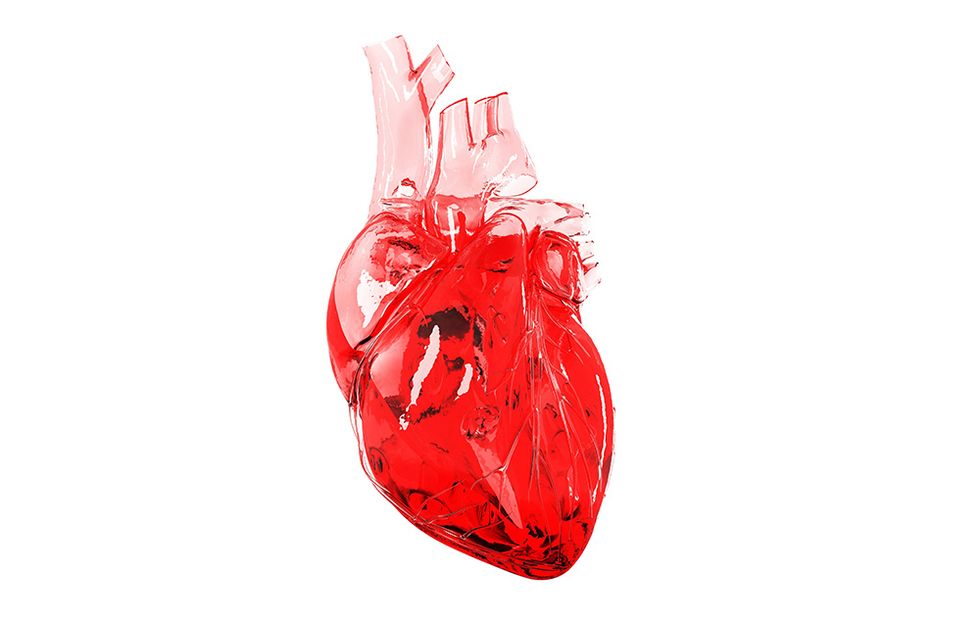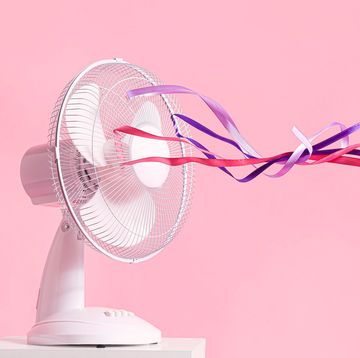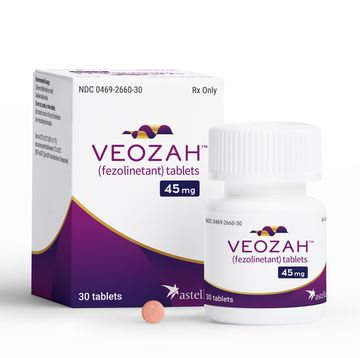4 Ways To Reduce Your Memory Loss After Menopause
There's no way around it: Menopause's symptoms—hot flashes, night sweats, and down-there dryness—stink. But for some, losing your period can leave you feeling like you're losing your mind, too.
Forgetfulness during menopausal years is what Tara Allmen, MD, and author of Menopause Confidential: A Doctor Reveals the Secrets to Thriving Through Midlife calls "menofog." During menopause, she says, many ladies complain of memory loss.
In fact, some research suggests that 60% of perimenopausal women notice "unfavorable" memory changes.
"There is a general consensus based on some longitudinal data [like the Study of Women's Health Across the Nation (SWAN)], that in perimenopause and early post-menopause, there are cognitive difficulties for some women and some mood changes, which seem to level back to normal once you get further into menopause," explains Mary Jane Minkin, MD, a clinical professor of obstetrics and gynecology at Yale University.
What gives? Symptoms like hot flashes, night sweats, poor sleep, and mood changes could give way to stumbles in cognition, says Allmen. "Part of the problem is also that there are a whole lot of things going on in a typical 50- to 55-year-old woman's life which can take a lot of attention: kids going off to school; kids coming home; dealing with job issues and partner's job issues; dealing with aging parents—huge stressors," says Minkin. (Here are 10 silent signals you're way too stressed.)
Fortunately, there are some ways to fight back. Take these 4 steps to feel better and banish fogginess for good. (Did you know your body has 6 key fat-fighting hormones? See how to balance and boost them—and lose up to 40 pounds in the process—with The Hormone Fix.)

Cassie Shortsleeve is a skilled freelance journalist with more than a decade of experience reporting for some of the nation's largest print and digital publications, including Women's Health, Parents, What to Expect, The Washington Post, and others. She is also the founder of the digital motherhood support platform Dear Sunday Motherhood and a co-founder of the newsletter Two Truths Motherhood and the maternal rights non-profit Chamber of Mothers. She is a mom to three daughters and lives in the Boston suburbs.
Watch Next


Halle Berry Misdiagnosed Perimenopause for Herpes

Halle Berry Gets Real About Menopause Brain

What Is Menopause Brain?

Gabrielle Union on Perimenopausal Hair Loss












